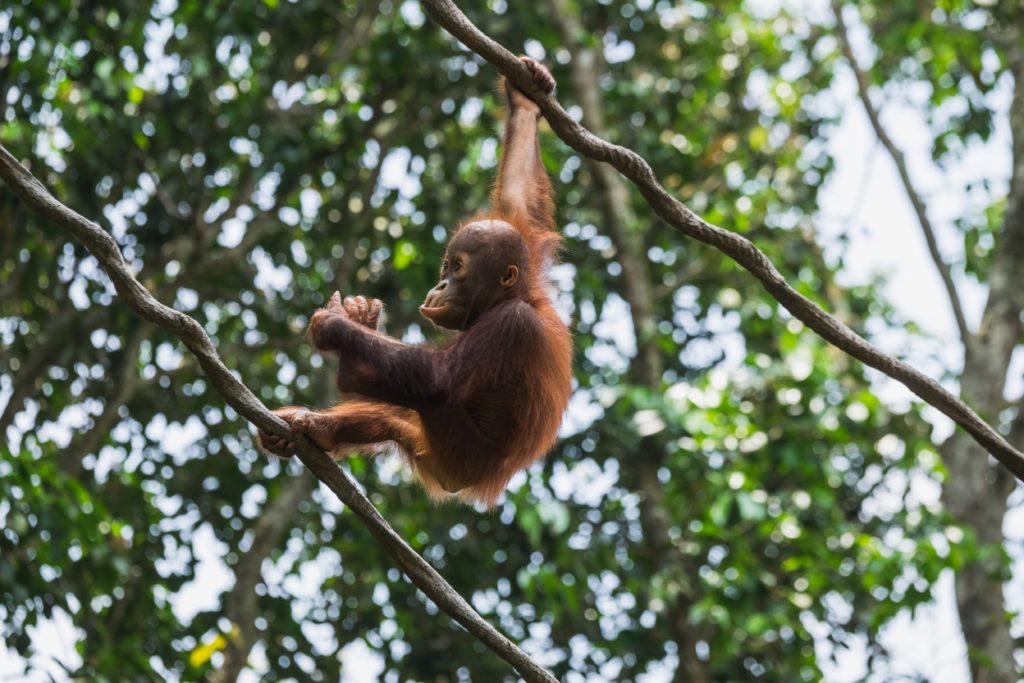
Next morning, going for alms, I saw a certain little girl playing with the other village children. I had often seen her before and taken no notice of her. She had only one leg and hobbled on crutches. But she laughed and shouted like the other children as she helped to make mud pies. A great shame overcame me that this little girl with her far greater impediment should be bright and happy, and I so dull and despairing. Something in my mind seemed to give in and relax. I would learn from her. I had been identifying myself with my body, making a body-self. Pondering on this discovery that the body is not the Self, I recalled how Upali, the barber, had told me of the glad day when he discovered in actual experience that his [thinking mind] was not his true Self. ‘It is a clever thing,’ he said, ‘but sometimes it overreaches itself. See that monkey making a great commotion like an earthquake in that tree. See! Now he reaches over and springs to another tree, making a great commotion there, also, and nothing does he achieve by this. And thus it is with the [thinking mind]; it overreaches everything, thinking with its absurdly insignificant brain to accomplish things, when all it can do is to bring them into difficult straits.”
Yasa, the sixth disciple of the Buddha
from Footprints of Gautama the Buddha

